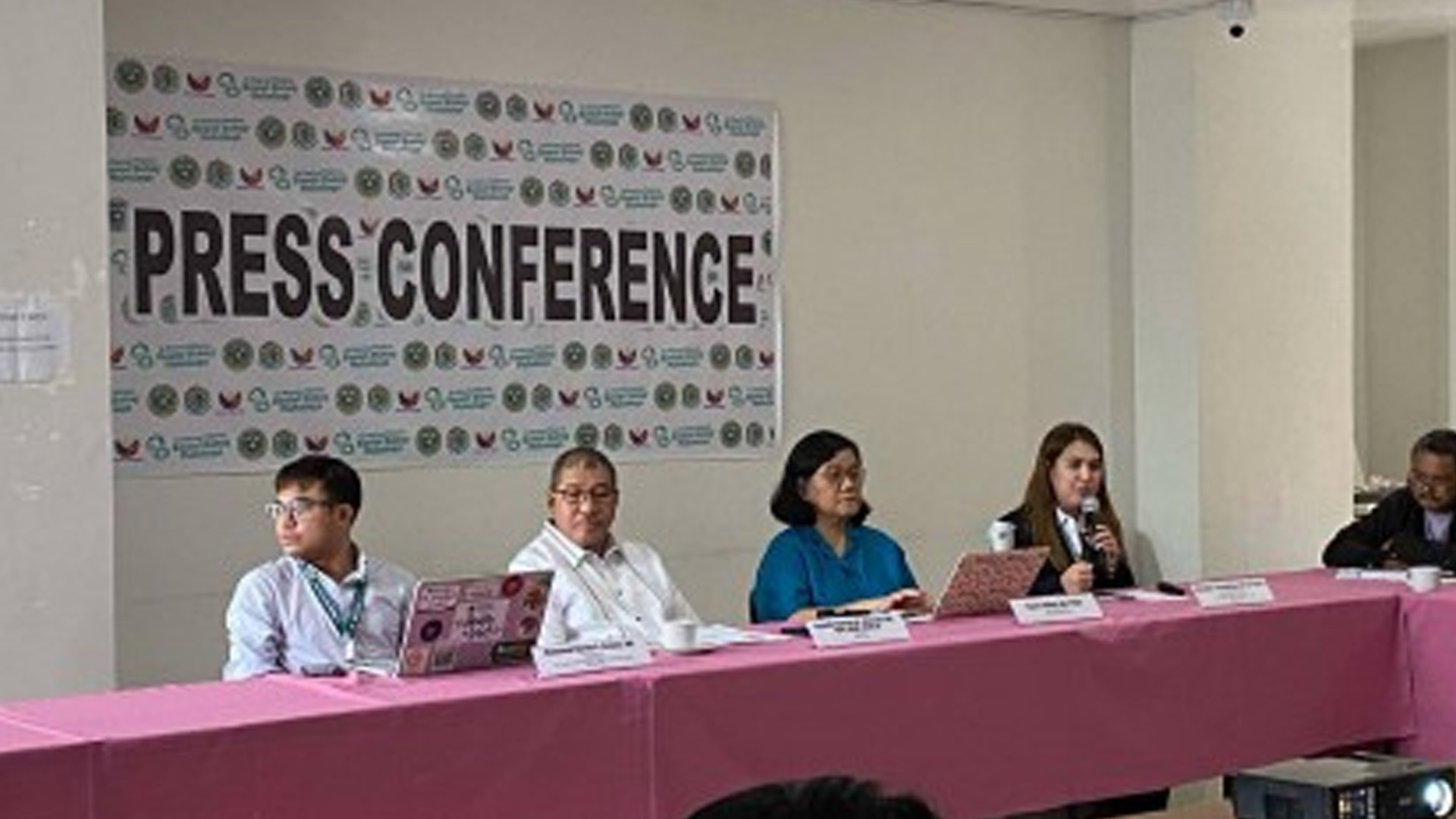The Department of Health in Bicol (DOH-5) on Wednesday encouraged the public to take advantage of free cervical cancer screening services to enhance the chances of successful treatment.
At a press conference at La Edley here, Julie Ann Granadino, Cancer Control Regional Program Manager for DOH-5, highlighted the importance of normalizing cervical cancer screening, lamenting that the topic has not received much attention.
“When women are screened, there is a stigma associated with screening that we need to break. We should make it a regular practice and not be shy about seeking screenings. The benefits of screening far outweigh any drawbacks,” she said in Filipino.
Granadino also said that the agency conducts ongoing capacity-building efforts for healthcare workers, focusing on various methodologies to improve the screening process.
In the Bicol Region, two public health facilities offer cervical cancer screening: the Bicol Regional Hospital and Medical Center in Albay, and the Bicol Medical Center in Camarines Sur.
Cervical cancer develops from abnormal cell growth in the cervix and is primarily caused by the human papillomavirus (HPV).
In its early stages, cervical cancer typically has no specific symptoms, making regular screenings for women aged 30 to 65 crucial.
Screening methods include visual inspection using acetic acid, Pap smears, and HPV DNA tests.
Some symptoms to be aware of include genital blood unrelated to the menstrual cycle, lower abdominal or pelvic pain, changes in vaginal discharge, and pain during sexual intercourse.
Granadino emphasized that cervical cancer is treatable and preventable through regular screenings every three to five years, along with the HPV vaccine for girls aged 9 to 14.
In Bicol, more than 1.7 million females are eligible for screening. (PNA)








